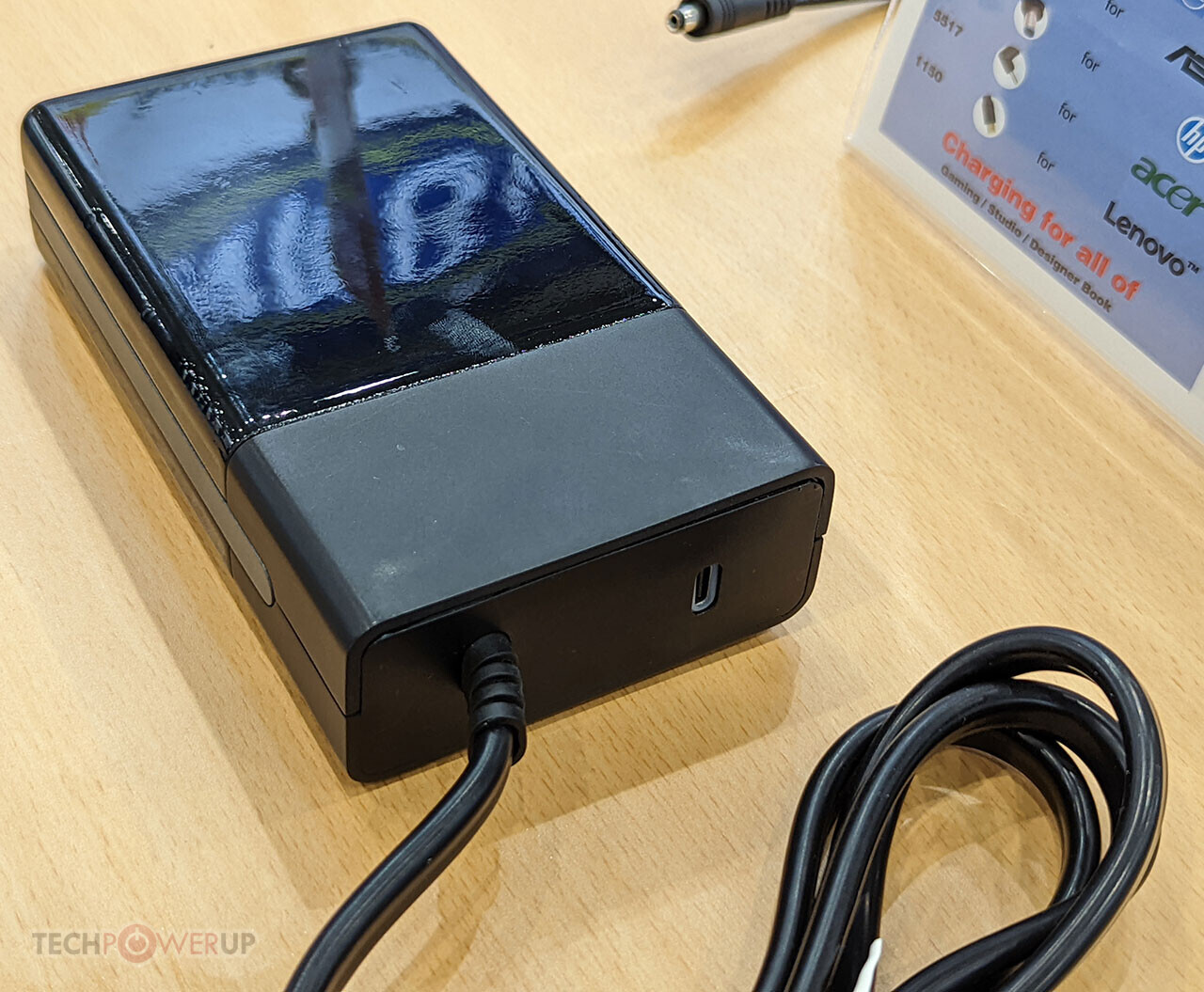May I direct your attention here:

xkcd.com
Without broadly accepted standards, we end up coming up with more incompatible standards that don't solve any relevant problems.
USB Type-C is simply a physical connector, that is also used by Thunderbolt and DisplayPort, which is the first time as far as I'm aware, that we've had a single interface that can use common cables, for both data and video signals. With USB4 and Thunderbolt, both can be piped down the same cable simultaneously as well.
Is USB-C going to be the ultimate connector ever? I doubt it, for one, it's "limited" to 240 W for power, so some devices won't be able to use it for power delivery, unless you somehow use a pair of power bricks, or make some kind of non standard solution like this.
Somewhat unexpectedly, there were a handful of exhibitors from the PRC at Computex and walking around the mostly empty show, we spotted a company called Wii Power (no relation to Nintendo) that had a range of rather interesting Gallium Nitride or GaN chargers on display. The headline product...

www.techpowerup.com
I very much doubt this regulation will stifle product development, it just mandates USB PD as the common denominator for charging devices and that USB-C is the default interface for charging most consumer electronics. IT doesn't mean something better can't emerge in the future that can replace USB-C, just like USB-C replaced micro USB, which was at one point mandated to be the charging standard in the EU.
And FYI, the US and India are mulling to enforce USB-C as the standard charging connector as well.








